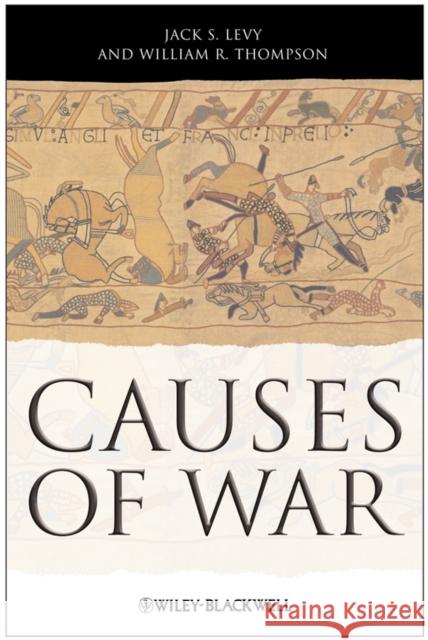Causes War » książka
topmenu
Causes War
ISBN-13: 9781405175609 / Angielski / Twarda / 2010 / 288 str.
Written by leading scholars in the field, Causes of War provides the first comprehensive analysis of the leading theories relating to the origins of both interstate and civil wars.
- Utilizes historical examples to illustrate individual theories throughout
- Includes an analysis of theories of civil wars as well as interstate wars -- one of the only texts to do both
- Written by two former International Studies Association Presidents











